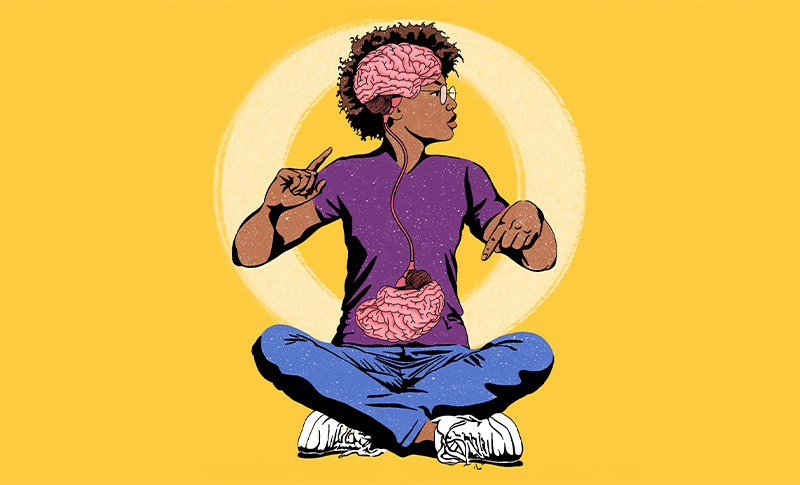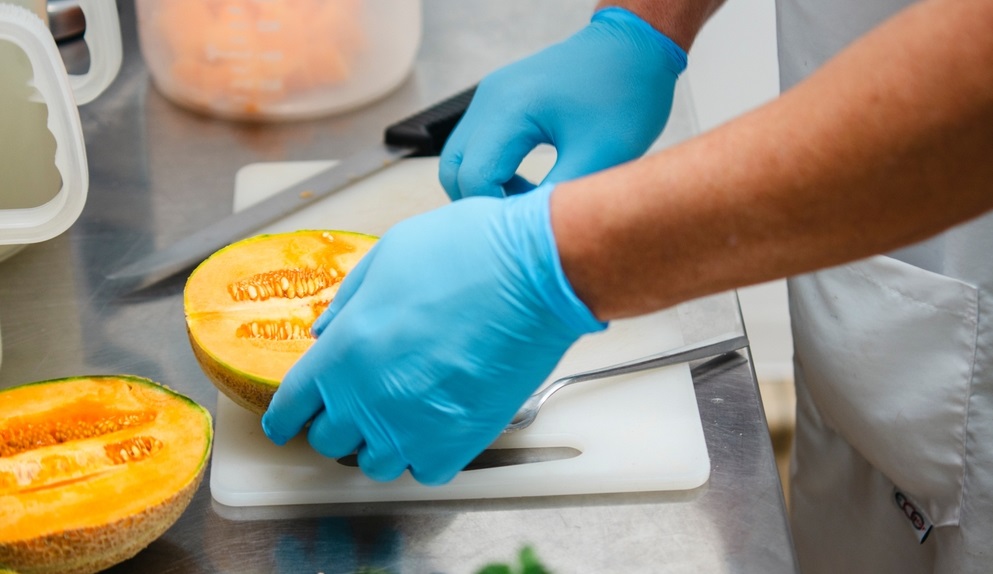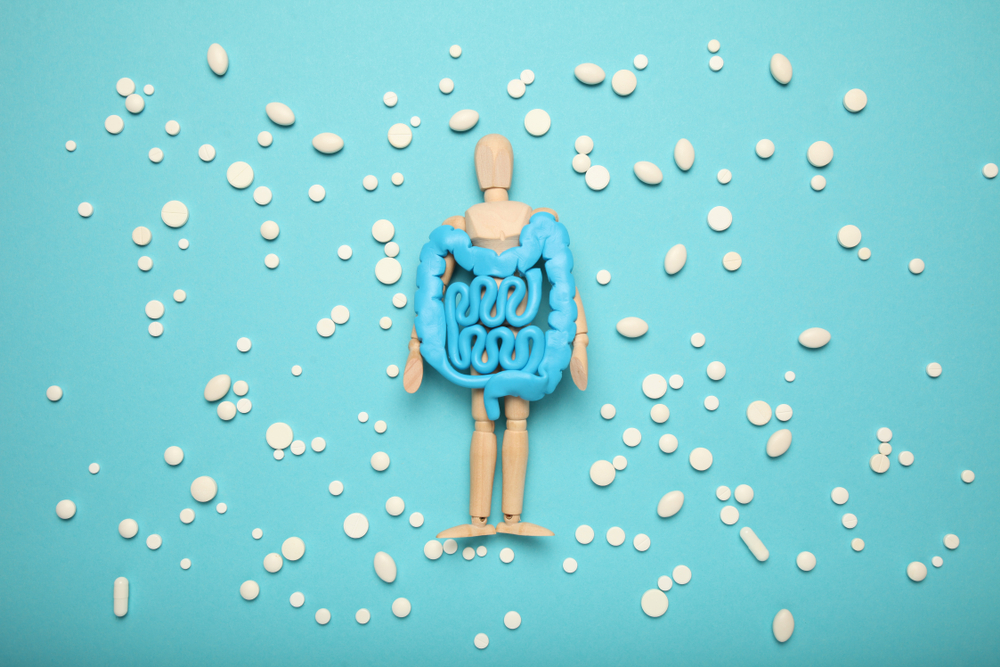Our guts and brains communicate with each other — that is something the science agrees on. But exactly how that works and what we can do with this information is still uncertain. Can our behaviour be explained by the combination of bacteria in our guts, our microbiomes?
This summer a group of mainly British researchers published a paper on the differences in the microbiomes in children with an increased risk of developing an autism spectrum disorder. They asked Wageningen experts for help with interpreting their data. One of them is Clara Belzer, an expert in the field of microbial diversity, molecular genetics and the microbiome of the digestive tract. Resource talked to her about the implications of the British study.
Does the microbiome play a big role in our behaviour?
‘Yes, intestinal health plays a big role in behaviour and behavioural problems, but we are still not sure whether we can relate this to the bacteria in our gut. Anyway, the microbiome certainly plays a key role in the digestion of our food. Diet is important for a lot of physiological processes in our bodies, from the way our brains function to the way our muscles are formed. The better your physiological health, the better you feel, the calmer you are and the less stress and anxiety you suffer. I know a lot about the micro-organisms in our guts. They are all minor miracles. We could try to make use of our bacteria by getting them to produce substances from our food that we benefit from and that improve our health, like the neurotransmitters GABA and serotonin.’
What can those bacteria do for our health?
‘We know that there is an exchange of information between your gut and your brain, via the gut-brain axis, but we don’t know exactly how it works. We also know that there are a lot of neurones in your gut. The gut uses these to process a lot of stimuli that can create feelings of hunger and satiety, as well as feelings of pain, discomfort and happiness. For example, it has already been proven that the substance butyrate, produced by gut bacteria, can reduce pain in the gut. And the microbiome also produces neurotransmitters such as serotonin and GABA, which are known for their regulating effect on our emotions. We don’t yet have much idea of how these substances produce a reaction in our bodies.
The micro-organisms in our guts are all minor miracles
Clara Belzer
In our lab, we study bacteria that produce GABA, butyrate and other useful substances with the help of the food we eat. We are curious as to which bacteria do that and how they do it.’
What do we know at this point about this information exchange?
‘The problem is that we’re not sure which processes in the abdomen have an effect on the brain, since the bacteria in the gut do not get into the brain themselves. They can’t pass through the intestinal wall. What might be possible is that these gut bacteria convert our food into small particles such as vitamins, neurotransmitters and other metabolites which can get through the gut wall. These substances could then end up in our blood. But it isn’t clear yet how these metabolites can affect behaviour and whether they themselves can maybe reach the brain.’
Does our behaviour change if our diet changes?
‘People with stress, for example, or people on an autism spectrum can indeed benefit from a change of diet. Their symptoms can be reduced or even disappear. And we also know that people on an autism spectrum often have bowel problems. The microbiome with all its bacteria plays a big role in the digestion of food, but the microbiome also changes if our diet changes. There will be components in our diet that can boost the production of useful substances like butyrate and GABA by bacteria.’
So we don’t just think with our guts, but also with what we eat?
‘You can draw an imaginary triangle between behaviour, diet and microbiome. The connections between these three are still unclear. We can correlate the microbiome with diet, and diet with behaviour. But there is an ongoing discussion now as to whether we can correlate the microbiome with behaviour. The effects we observe could also come from a change in diet.’
Then diet cannot yet be used to help people with behavioural problems?
‘The difficult thing is that people with a particular form of obsessive behaviour don’t all have the same physiology and don’t all behave in the same way. That makes these links difficult to study. Besides, the autism spectrum itself constitutes a broad range of symptoms, and everyone’s microbiome is different.’
A new discovery in your field is the poop transplant. Faeces from a healthy donor are transplanted into a patient’s gut to reset their ‘disturbed’ microbiome. Could this be of any use for behavioural disorders?
‘The faecal transplant, the official term for a poop transplant, is one of the biggest discoveries in our field in recent years. It really is very cool. But to date the effect of a transplant like that has only been proven in people with a Clostridium difficile bacterial infection. This type of bacterium is resistant to antibiotics, but you can still get rid of the pathogen if it has to compete with beneficial bacteria. There is very little evidence that a transplant is effective against any other diseases. For that reason, plus the fact that behavioural diseases are mainly genetically determined, I doubt whether a faecal transplant would help in this situation.’
What are you working on now?
‘We want to investigate the effect of diet on the behaviour of children with ADHD. Can you reduce the symptoms without having to use medication? We’ve submitted an application for funding.
There are many aspects to the interaction between your brain and your intestines. The microbiome isn’t a medicine in its own right. It’s a balance between the clinical picture, diet and the role, not yet fully understood, that microbes play.’

 ‘We know that there is an information exchange – via the gut-brain axis – between your gut and your brain but we don’t know exactly how it works.’ Illustration Valerie Geelen
‘We know that there is an information exchange – via the gut-brain axis – between your gut and your brain but we don’t know exactly how it works.’ Illustration Valerie Geelen 

